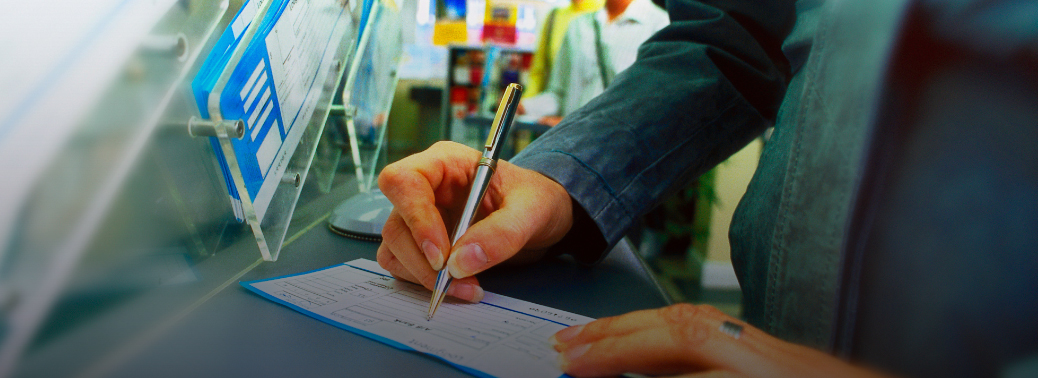PCR has to be Backed by a Comprehensive Act
25, Jan 2019

Prelims level : Economy-banking
Mains level : Indian Economy and issues relating to planning, mobilization, of resources, growth, development and employment.
In News:
- The central bank plans to engage with the Centre and other regulators to bring in a comprehensive Public Credit Registry (PCR) Act to strengthen micro credit in the coming months.
Explained:
- The PCR will have to be backed and governed by a comprehensive Public Credit Registry Act … so as to bring in data from the section of lenders who do not directly fall under the RBI regulations
- The PCR has been envisaged as a database of core credit information – an infrastructure of sorts on which users of credit data can build further analytics. It will strive to cover all regulated entities (i.e., financiers) in phases and in this way get a 360-degree view of borrowers. It will facilitate linkages with related ancillary information systems outside the banking system, including corporate filings, tax systems (including the Goods and Services Tax Network), and utility payments
- The PCR Act will need to ensure adequate safeguards on data, while at the same time address extant restrictions on sharing of credit data that prevent efficient allocation and regulatory supervision of credit
- It will have to follow the latest privacy guidelines based on a laid down consent framework
What is Public Credit Registry (PCR)?
- A public credit registry is an information repository that collates all loan information of individuals and corporate borrowers. A credit repository helps banks distinguish between a bad and a good borrower and accordingly offer attractive interest rates to good borrowers and higher interest rates to bad borrowers.
- The registry should capture all loan information and borrowers be able to access their own history. Data is to be made available to stakeholders such as banks, on a need-to-know basis. Data privacy will be protected.
Why it’s needed?
- The move is based on the recommendations of a committee, headed by Y.M. Deosthalee. PCR will address issues such as information asymmetry, improve access to credit and strengthen the credit culture among consumers. It can also address the bad loan problem staring at banks, as corporate debtors will not be able to borrow across banks without disclosing existing debt
- Setting up the PCR will help improve India’s rankings in the World Bank’s ease of doing business index
- Credit information is now available across multiple systems in bits and pieces and not in one window. Data on borrowings from banks, non-banking financial companies, corporate bonds or debentures from the market, external commercial borrowings (ECBs), foreign currency convertible bonds (FCCBs), masala bonds, and inter-corporate borrowings are not available in one data repository.
- PCR will help capture all relevant information about a borrower, across different borrowing products in one place.It can flag early warnings on asset quality by tracking performance on other credits.
Innovation in lending:
- Access to credit information, including debt details and repayment history would drive innovation in lending. For example, currently most banks focus on large companies for loans and consequently the micro, small and medium enterprises are left with limited options for borrowing.
- With satisfactory payment history and validated debt details made available, it will increase the credit availability to micro, small and medium enterprises along with deepening of the financial markets. This will support the policy of financial inclusion






